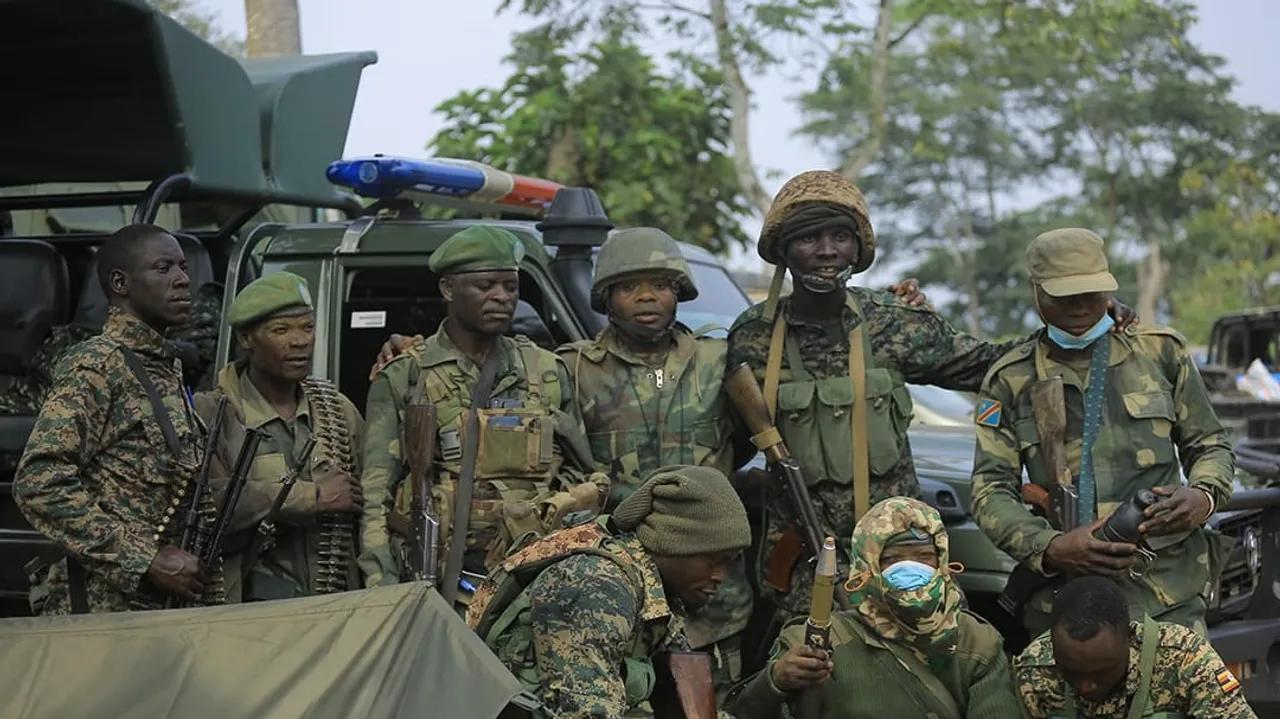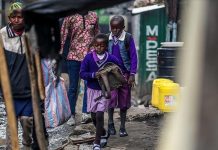Africa-Press – Burundi. The recent border closure between Burundi and Rwanda has sparked tensions, disrupting lives and livelihoods. As old hostilities resurface, diplomatic efforts are needed to prevent further escalation and alleviate the human cost of the conflict.
January 2024 marked a sharp turn in the diplomatic relations between Burundi and Rwanda as Burundi abruptly sealed its border with Rwanda.
The decision, which came after a brief period of improved ties, was triggered by an attack near the border with the Democratic Republic of Congo (DRC) that claimed twenty lives. Burundi accused Rwanda of supporting the Resistance for Rule of Law in Burundi (RED Tabara), the rebel group responsible for the attack.
The closure has resulted in the deportation of Rwandan nationals residing in Burundi and has disrupted the economic activities of traders in both countries. Cross-border trade, a lifeline for many, stands severely impacted, causing significant distress to the affected population.
Echoes of the Past: A History of Conflict
The border closure is a grim reminder of the long-standing tensions between the two countries. In 2020, the election of President Evariste Ndayishimiye in Burundi had ushered in a period of improved relations, offering hope for lasting peace and cooperation. However, the recent developments have cast a shadow over these prospects.
Rwanda, in retaliation, has accused Burundi of harboring Rwandan rebels on its territory. The escalating tensions have raised concerns among regional and international observers, who fear a return to the hostilities that marred the relationship in the past.
The Human Cost: Disrupted Lives and Livelihoods
The border closure has had a profound impact on the lives and livelihoods of people on both sides. Traders, who rely heavily on cross-border trade, are facing significant losses. The transport sector, too, is grappling with the disruptions, adding to the economic woes of the region.
The human cost of the conflict extends beyond economics. Families have been separated, and the deportation of Rwandan nationals has led to displacement and uncertainty. The situation underscores the urgent need for a diplomatic resolution to prevent further escalation and alleviate the suffering of the affected population.
As the standoff between Burundi and Rwanda continues, the world watches with bated breath. The border closure, a stark reminder of old hostilities, threatens to undo the progress made towards peace and cooperation. The situation calls for a concerted effort from regional and international actors to facilitate dialogue and de-escalate tensions, paving the way for a lasting resolution.
The human cost of the conflict, the disrupted lives and livelihoods, serves as a stark reminder of what’s at stake. In the cacophony of accusations and counter-accusations, the voices of those affected often go unheard. As journalists, it is our responsibility to bring these stories to light, to humanize the conflict, and to hold those in power accountable.
The situation
The situation in Burundi and Rwanda is not just a political conflict; it is a human tragedy. It is a story of lives disrupted, of hopes dashed, and of dreams deferred. It is a story that demands our attention, our empathy, and our action. As we report on the developments, let us not lose sight of the human cost of the conflict. Let us not forget those who are caught in the crossfire of political rivalries and historical enmities.
In the end, the border is not just a line on a map; it is a divide that separates families, disrupts livelihoods, and fuels tensions. It is a reminder of the urgent need for dialogue, understanding, and cooperation. It is a call to action for all of us, to work towards a world where borders do not become barriers to peace, prosperity, and unity.
Today, as I write this, the border remains closed, and the future remains uncertain. But one thing is clear: the situation demands our attention, our empathy, and our action. It is a story that needs to be told, a story that deserves to be heard.
Pour plus d’informations et d’analyses sur la Burundi, suivez Africa-Press






